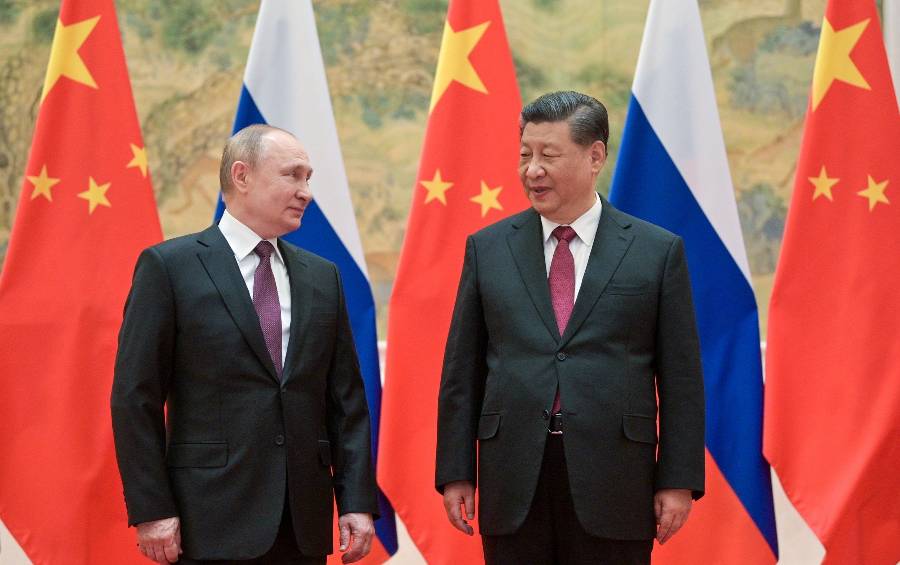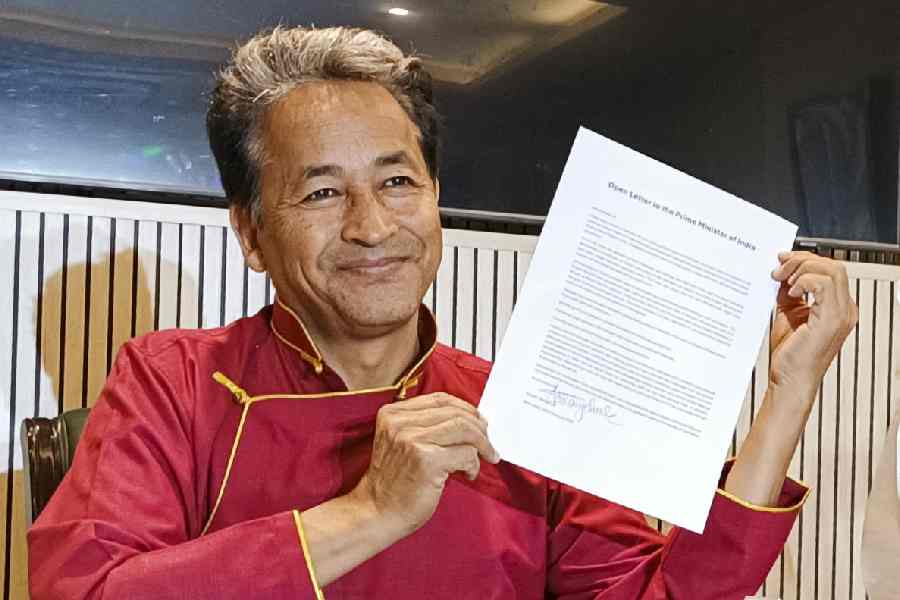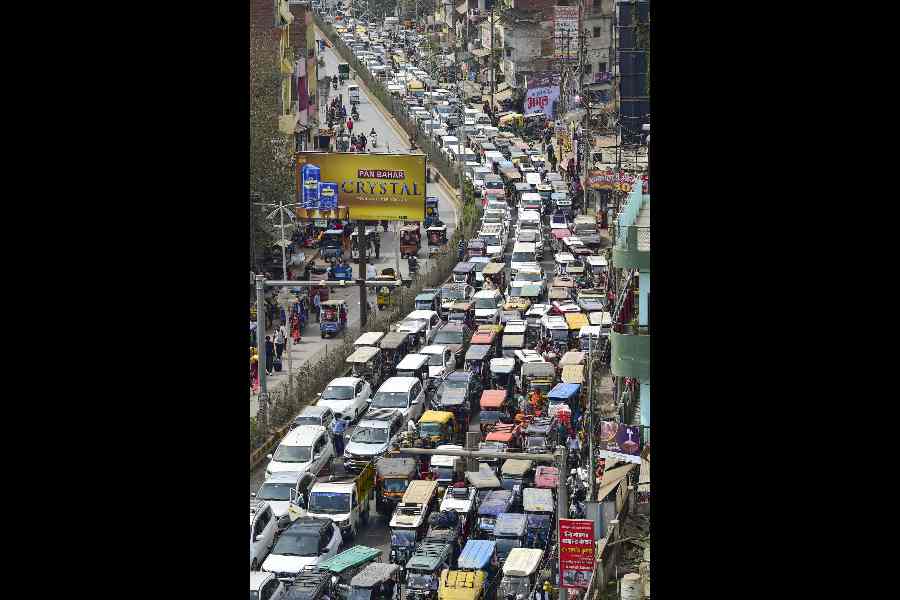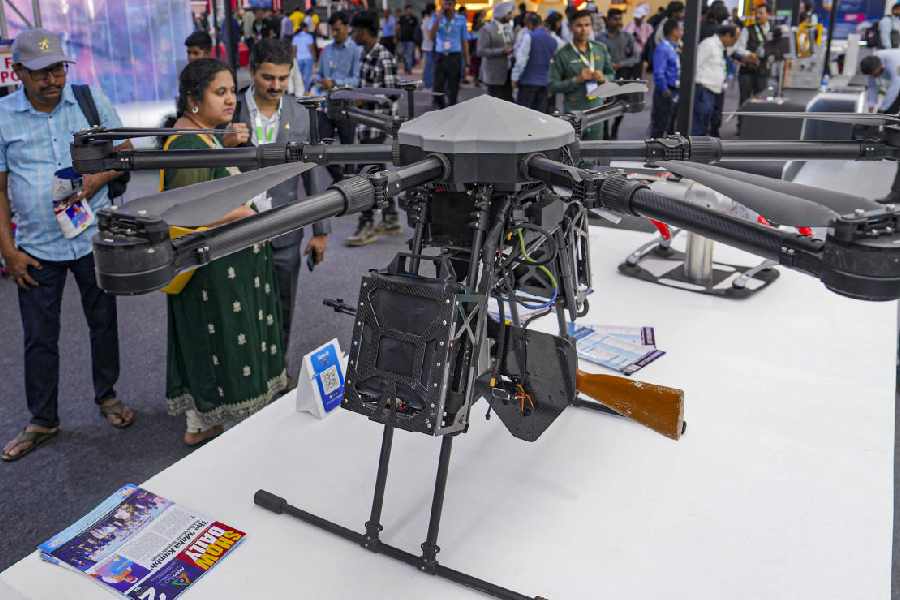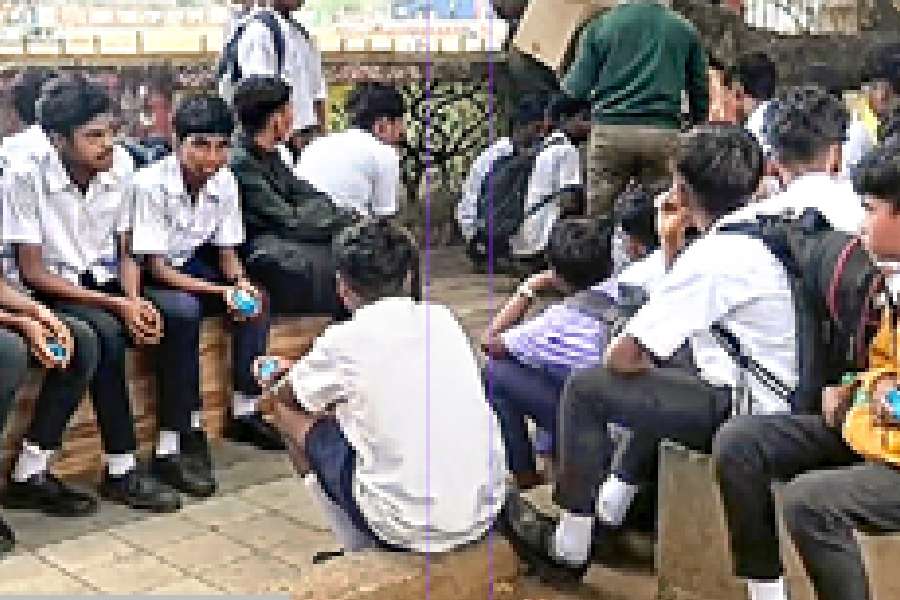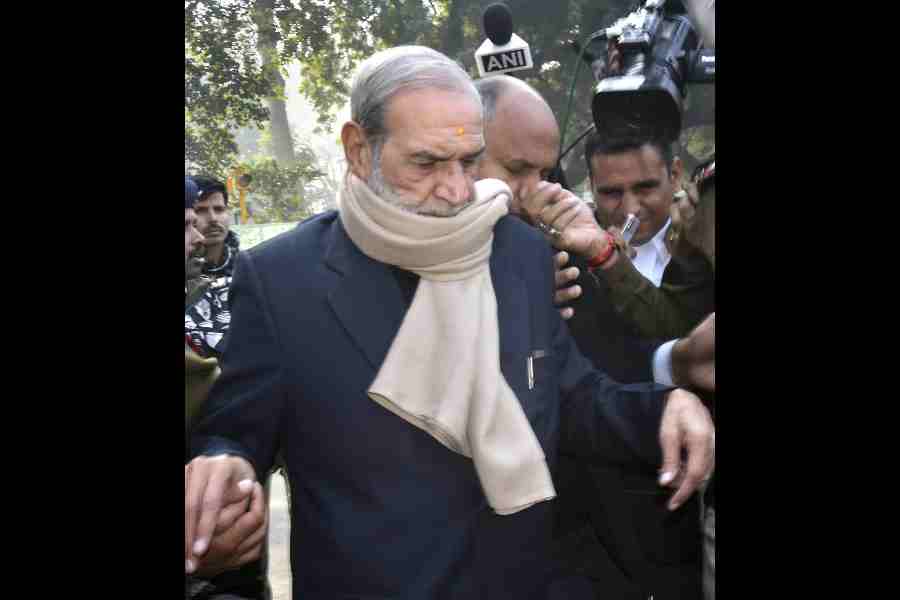When Twitter put up a warning message atop a Russian government post denying civilian killings in Bucha, Ukraine, last week, China’s state media rushed to its defence. “On Twitter @mfa_russia’s statement on #Bucha got censored,” wrote Frontline, a Twitter account associated with China’s official English-language broadcaster, CGTN.
In a Chinese Communist Party newspaper, an article declared that Russians had offered definitive evidence to prove that the lurid photos of bodies in the streets of Bucha, a suburb of Ukraine’s capital, Kyiv, were a hoax.
A party television station in Shanghai said Ukraine’s government had created the grisly tableaux to win sympathy in the West. “Obviously, such evidence would not be admissible in court,” the report said.
Only a month ago, the White House warned China not to amplify Russia’s campaign to sow disinformation about the war in Ukraine. The Chinese efforts have intensified anyway, contradicting and disputing the policies of Nato capitals, even as Russia faced renewed condemnation for the killings in Bucha and other atrocities in recent days.
The result has been to create an alternate reality of the war — not just for the consumption of China’s citizens but also for a global audience.
The propaganda has challenged the western efforts to isolate Russia diplomatically, particularly in West Asia, Africa and Latin America, which have been fertile ground for conspiracy theories and distrust of the US.
“Russia and China have long shared distrust and animosity towards the West,” said Bret Schafer, an analyst who tracks disinformation for the Alliance for Securing Democracy, a non-profit group in Washington. “On Ukraine, it’s a level above that — just the extent to which they have parroted some pretty specific and in some cases pretty far-fetched claims from Russia.”
The campaign by China has further undercut the country’s effort to present itself as a neutral actor in the war.
In fact, its diplomats and official journalists have become combatants in the informational war to legitimise Russia’s claims and discredit international concerns about what appear to be war crimes.
Since the war began, they have parroted the Kremlin’s justifications for it, including President Vladimir V. Putin’s claim that he was fighting a neo-Nazi government in Kyiv. On Twitter alone, they have used the word “Nazi” — which Russia uses as a rallying cry — more times in the six weeks of the war so far than they did in the six months before, according to a database created by the Alliance for Securing Democracy.
In an example on Wednesday, an official with China’s ministry of foreign affairs tweeted a doctored photo appearing to show Nazis holding a flag with a swastika next to flags of Ukraine and the US. “Surprisingly, the US stands with the neo-Nazis!” the official, Li Yang, wrote of the image, which originally featured a neo-Nazi flag in place of the American flag.
(New York Times News Service)

